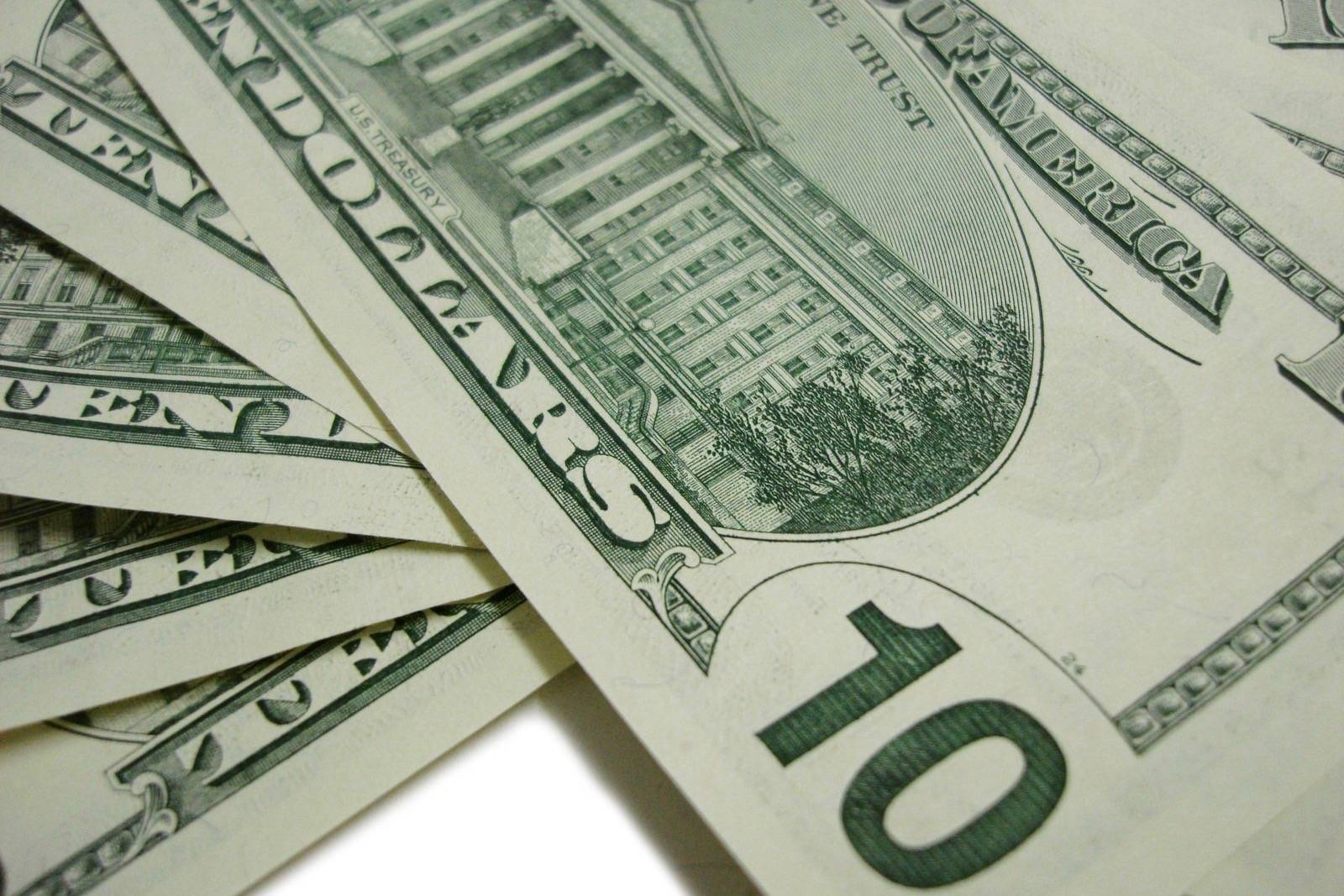By Emma Epperly, WNPA Olympia News Bureau
The House of Representatives’ budget proposal includes a capital gains and real estate excise tax along with business and occupation tax changes to raise revenue.
The operating, capital, and transportation budget proposals were released on Monday and detail the 2019-21 biennium. The total budget is $52.8 billion for the 2019-21 biennium.
The approximate revenue raised from the proposed new taxes is $1.4 billion for the 2019-21 biennium. The budget stays in line with many of the priorities in Gov. Jay Inslee’s proposed budget with slightly less funding in some areas.
“We’ve said before that a budget is more than just the numbers. It’s a statement of the things that we value, the things that we believe in,” said Majority Leader, Rep. Pat Sullivan, D-Covington. “… It also means that we have to balance the wants and the needs. We are being fiscally prudent in the budget.”
Sullivan stated, as was stated by Democrats after last week’s revenue forecast, that the anticipated revenue increase of $554 million in economic growth will all go toward funding K-12 education due to the McCleary fix passed last session.
“The post Great Recession economy should have produced enough revenue to fund current budget needs, but it didn’t, because we have the most upside down, antiquated tax code in the country,” said Rep. Gael Tarleton, D-Seattle, chair of the Finance Committee.
The proposed capital gains tax would be 9.9 percent tax on gains more than $200,000 for a married couple or $100,000 for an individual in a calendar year. The tax would not apply to the sale of homes, livestock, agricultural or timber lands, and certain small businesses.
Some have criticized this as an income tax, including Senate Minority Leader Mark Schoesler, R-Ritzville.
“It’s an income tax, and it’s insane,” Schoesler said.
The real estate tax changes would give individuals selling homes under $500,000 a tax cut while those selling homes over $1.5 million and $7 million would see different rates of increase.
The business and occupation tax changes benefit and affect specific industries.
“It’s the kind of investment we make once in a generation to support the students who will be our leaders in our state and economy for decades to come,” said Tarleton, of the workforce education investment.
Business and occupation taxes for employers in certain industries will see an increase from 1.5 percent to 1.8 percent, with those funds going to workforce education investments.
The proposed budget includes almost $643 million for K-12 education to serve Washington’s million students. Higher education will receive approximately $608 million.
Behavioral health has been a bipartisan focus this legislative session. That focus continues to the budget with over $206 million going to various behavioral health programs.
Ending the rape kit backlog and reducing processing timelines has been a topic of discussion this session and the budget allots more than $11 million for the project.
Rural broadband access expansions are budgeted for $9 million likely with the creation of a Statewide Broadband Office under the Gov.’s office that has already passed the Senate.
Ranking Republican on the House Appropriations Committee, Rep. Drew Stokesbary, R-Auburn, said he does not see the need for an increase in taxes.
“We can easily write a budget that funds all of our state priorities without raising any new taxes,” said Stokesbary, in an email Monday. “This includes fixing the governor’s broken mental health system, addressing the homelessness crisis, improving the K-12 special education funding formula, growing millions of new chinook salmon to feed the orca, and even giving raises to state employees.”


